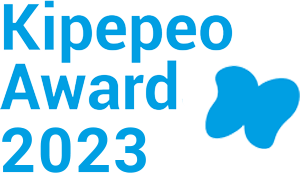Planting of Fruit Trees
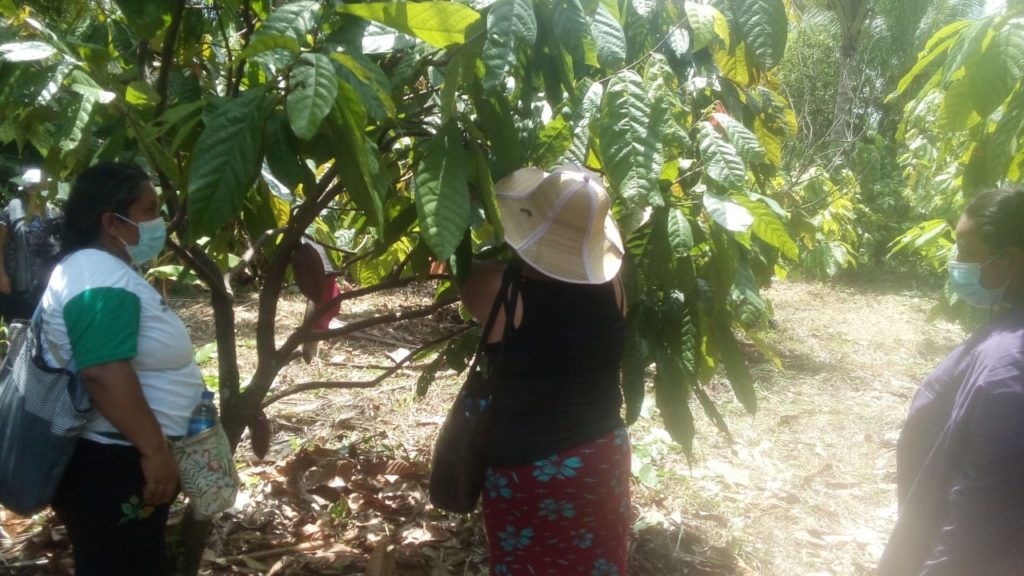
The planting of fruit trees in urban areas is due to boosting the population’s interest in recovering and maintaining tree cover in the city that contributes to reducing the effects of climate change at the local level.
Sewage treatment
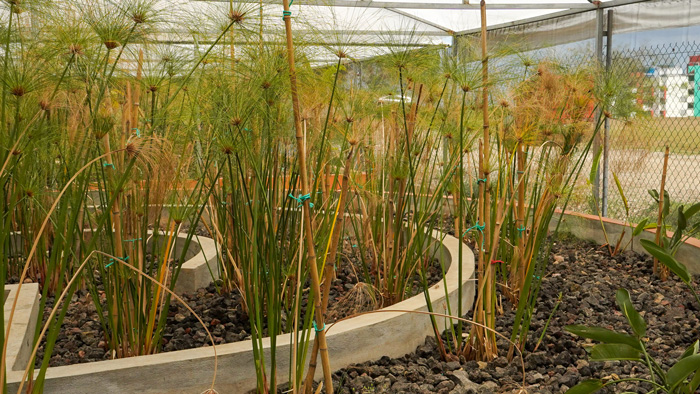
Imitating nature through artificial wetlands for water sanitation in urban environments.
Absorption Wells
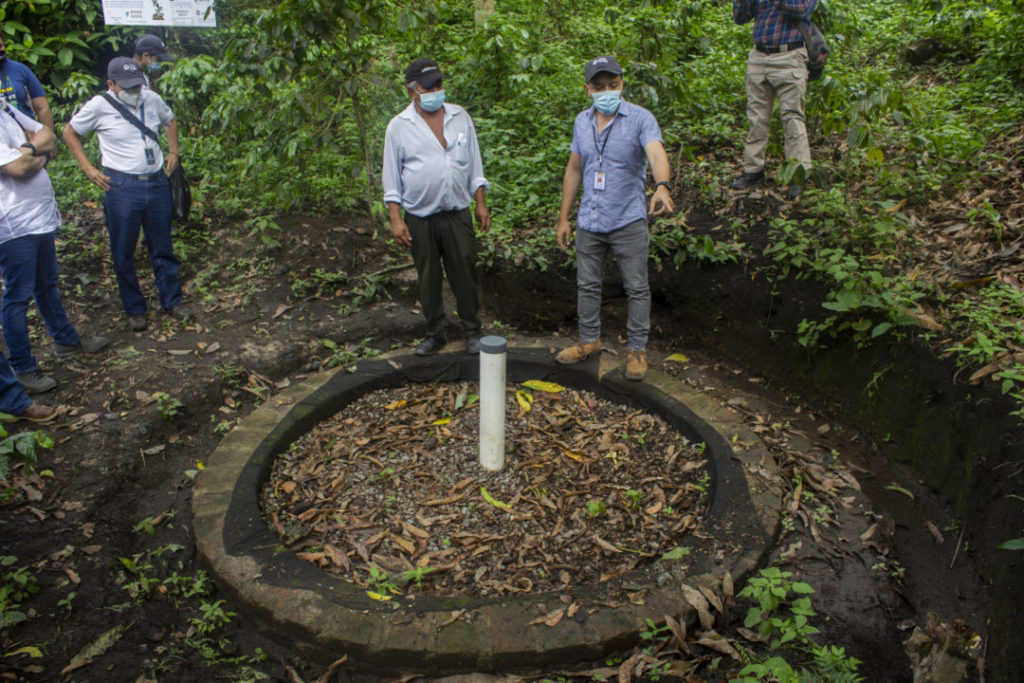
An infiltration well is an engineering work that allows the artificial recharge of the aquifer.
Container garden
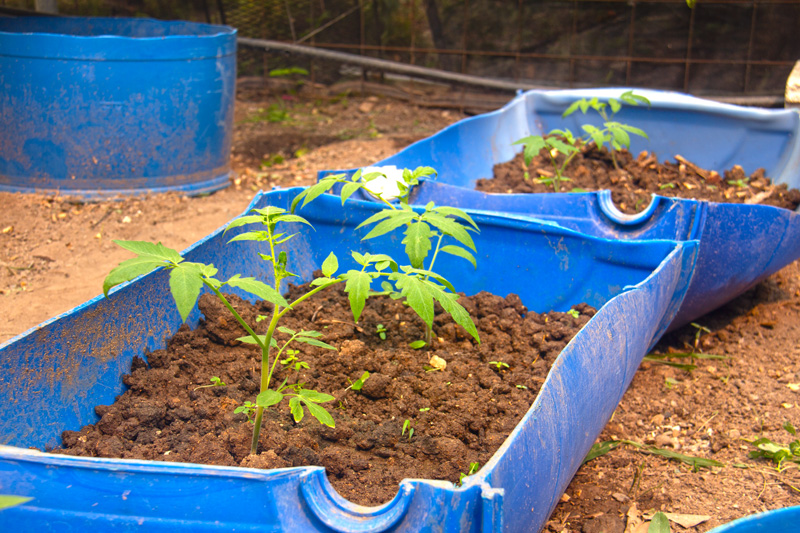
Small gardens rich in flowers and shrubs where aromatic herbs and food are grown and harvested, which become teaching and learning spaces in schools.
Connectivity between parks, avenues, green infrastructure
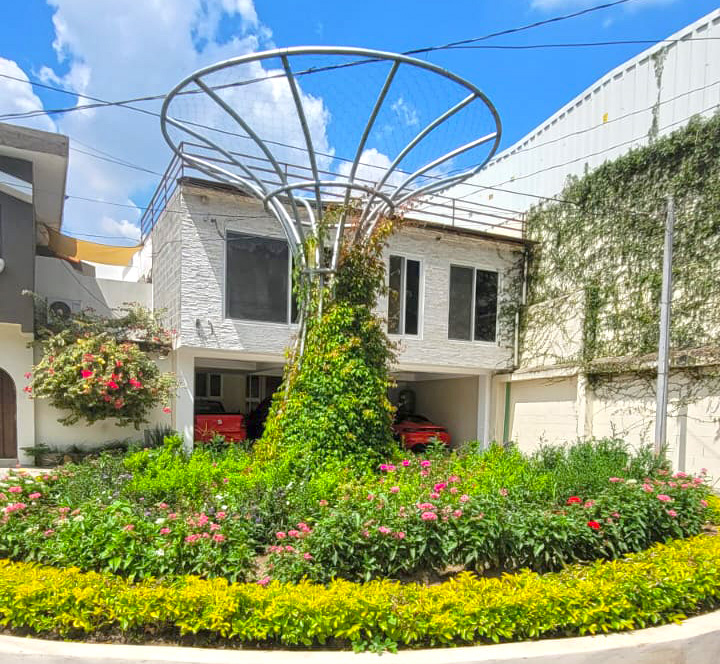
The community has been identified and a connectivity model between the main avenues through green infrastructure has been proposed, to be implemented according to the characteristics and possibilities of the neighborhood.
Resilient Gardens
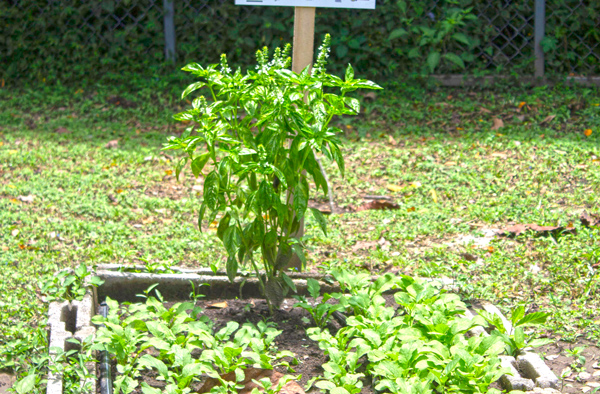
The resilient orchards are implemented from the agroecological strategy and with attention to climate change, which implies food cultivation practices without deterioration of the environment, responds to limited conditions of water availability, for which reason a drip irrigation mechanism is included and in some cases of rainwater collection.
Urban Beekeeping

Urban beekeeping is an alternative livelihood that is resilient to climate change. It will be promoted in communities of the urban area.
Mangrove Restoration
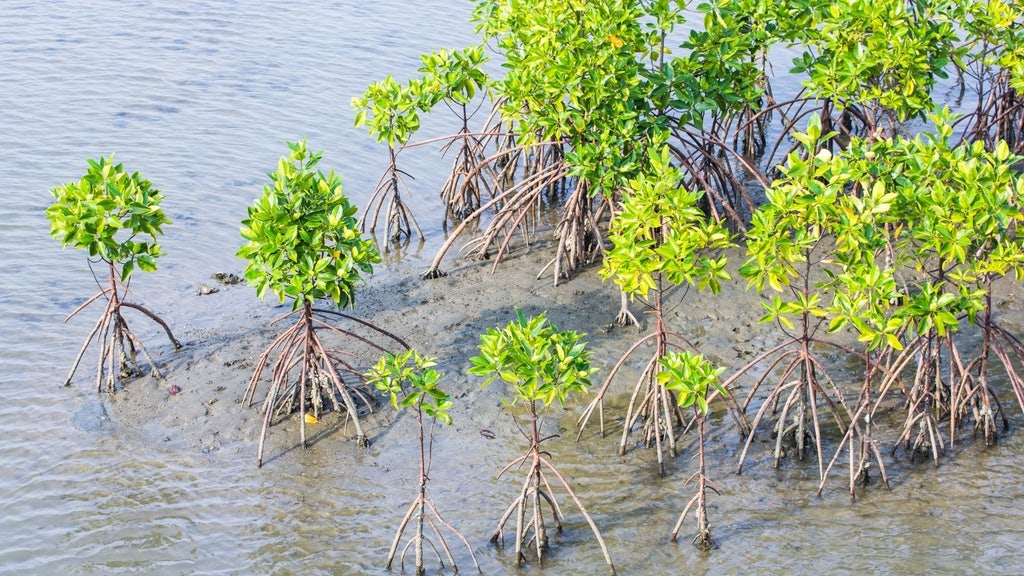
Wetlands play an important role in protecting the coastline from erosion and flooding.
Rainwater Harvesting Systems (SCALL)
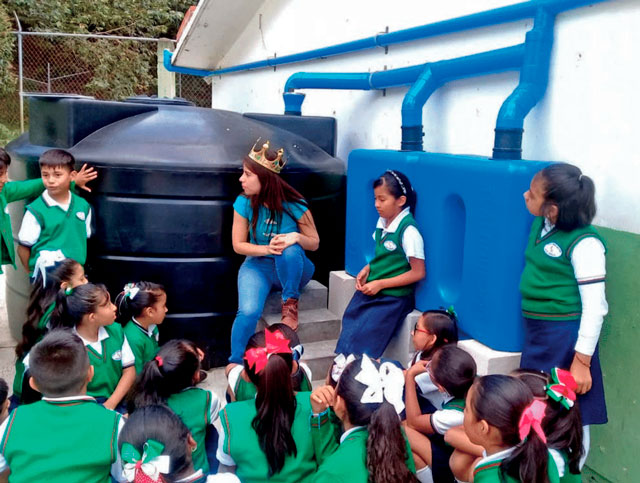
Rainwater harvesting systems, or SCALL, allow the collection of rainwater for human consumption and/or private or community daily use.
